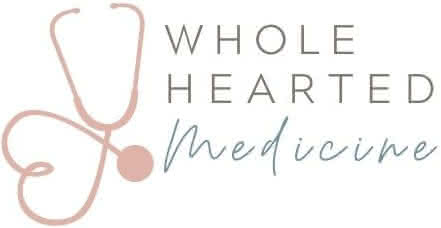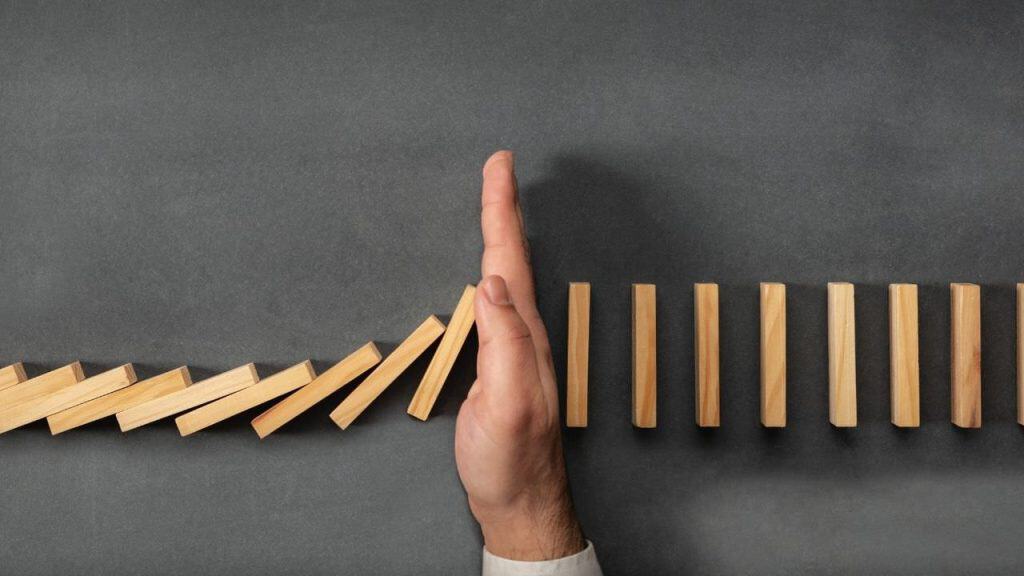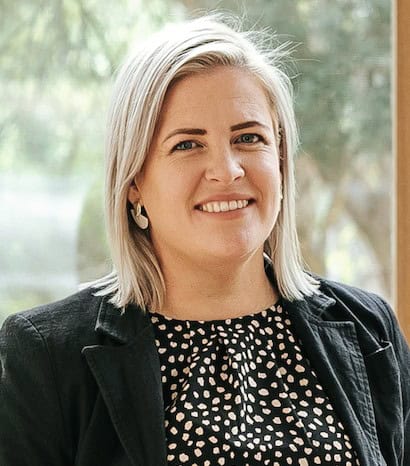To not only establish but also run an educational retreat business during a pandemic was adventurous. We went into this game with our eyes and minds open. We knew that life would be unpredictable and that we would need to learn the full definition of the term pivot.
Ready and waiting for all the pandemic could throw at us, we have spent hours upon hours reading state government directives for tourism and healthcare, securing CPD accreditation, booking and rebooking venues, suppliers and attendees where needed based on border closures and basically learning how to hold lightly each new day.
Then we were thrown a curve ball that actually had nothing to do with the pandemic- one of our booked venues had been sold- and in something that was completely outside of the control of not only us but the original venue owners, the new owner had decided not to honour future retreat bookings. A timely reminder that even when trying to be flexible and roll with the punches, life will always throw you things that are beyond your locus of control.
Initially, we jumped straight into reaction mode. On reflection much of this initial response was driven by fear and stress at the fact that we would now have to re-book not only venues and suppliers (on the same date no less!), but potentially attendees who might not want to attend a new venue and who really needed a break from their very demanding work in healthcare. The job seemed mammoth and daunting.
This is very typical of the style of reaction that comes immediately after an insult or something happening to us. It tends to be emotion laden and carry the weight of not only the actual insult, but also the millions of other things that surround it. Sometimes frantic, often stressful, reactions are necessary, but can be depleting.
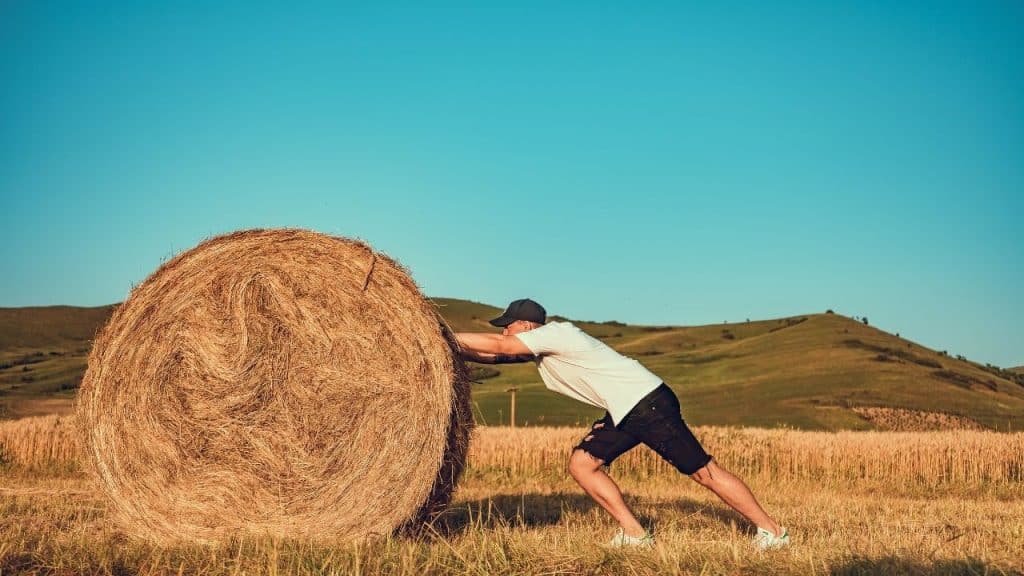
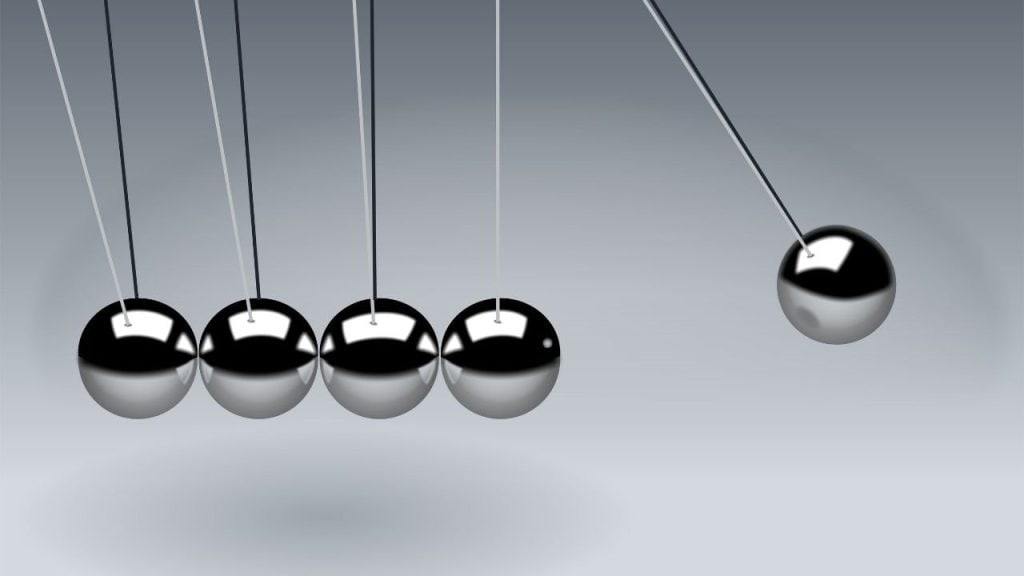
As the dust began to settle, mere hours after this initial insult, and after having had time to discuss this between ourselves, we were able to slow down. We could now see what it meant for not only us and our guests, but also the team at our original venue and how hard they had clearly worked behind the scenes to try and avoid this eventual outcome- we were able to shift from reaction mode into action mode.
Action mode is slower, more considered. Like the shift between innate and adaptive immunity, action mode is more targeted. Usually in action mode there is less collateral damage- the indiscriminate firing off of emails and phone calls of reaction mode less likely to occur when we slow down and consider the feelings of the person on the other end of the communication before we even pick up the phone or computer.
Now this is a lesson worth considering.
As doctors we rely on our reactions. We train every day to have a quick, learned response to foreseen emergencies as well as a rapidly adaptive ability to problem solve through unforeseen emergencies.
In a MET call or other workplace emergency, we are trained to take our pulse first and then in a split second, to formulate a plan based on years and years of training and experience.
So are these actions or reactions?
Well, in that split second it takes us to check our own pulse and take a breath, we are assessing the situation holistically. We are stepping back from the narrow lens of any single problem and looking at the whole picture. This meta ability IS mindfulness.
Mindfulness helps us to cultivate the ability to lead with action rather than reaction.
By taking a moment, taking a breath, whatever we do to ground and centre ourselves in an emergency- we are practising mindfulness. From this point of stability, we are able to then choose our action.
For the action done without thinking is in fact simply a reaction.
Now, let’s move away from our clinical lives. Things happen to all of us that are outside of our control- like we experienced in recent days with the cancellation of our retreat booking. What many of us do when these things happen is we jump straight into doing mode without even a moment to think. We shoot off angry emails, we rage to anyone who will listen to us, we shout at people over the phone. We do any number of things that often we end up regretting later.
What we could learn is how to carry that ability that we harness so well in emergencies in our clinical lives- that of metacognition, of being able to step back and take a breath before we act- and apply it to the rest of our lives too.
Well we can do this- this is mindfulness.
Want to learn more? Then how about joining us on a retreat where we support you to integrate the skills and practice of mindfulness intentionally into every facet of your life?
We specialise in teaching these skills to doctors because we are doctors. We know what it feels like to be able to do this so well sometimes (like emergencies at work), but still struggle with it at other times (like when we get cut off in traffic or our kids are yelling at home).
We get that disconnect and even better than that, we can help you to move through it.
Just because we’re doctors, does not mean that we have all these things sorted. We all need help sometimes and you deserve the same non-judgemental support that your patients get from you.
That’s what we’re here for.
